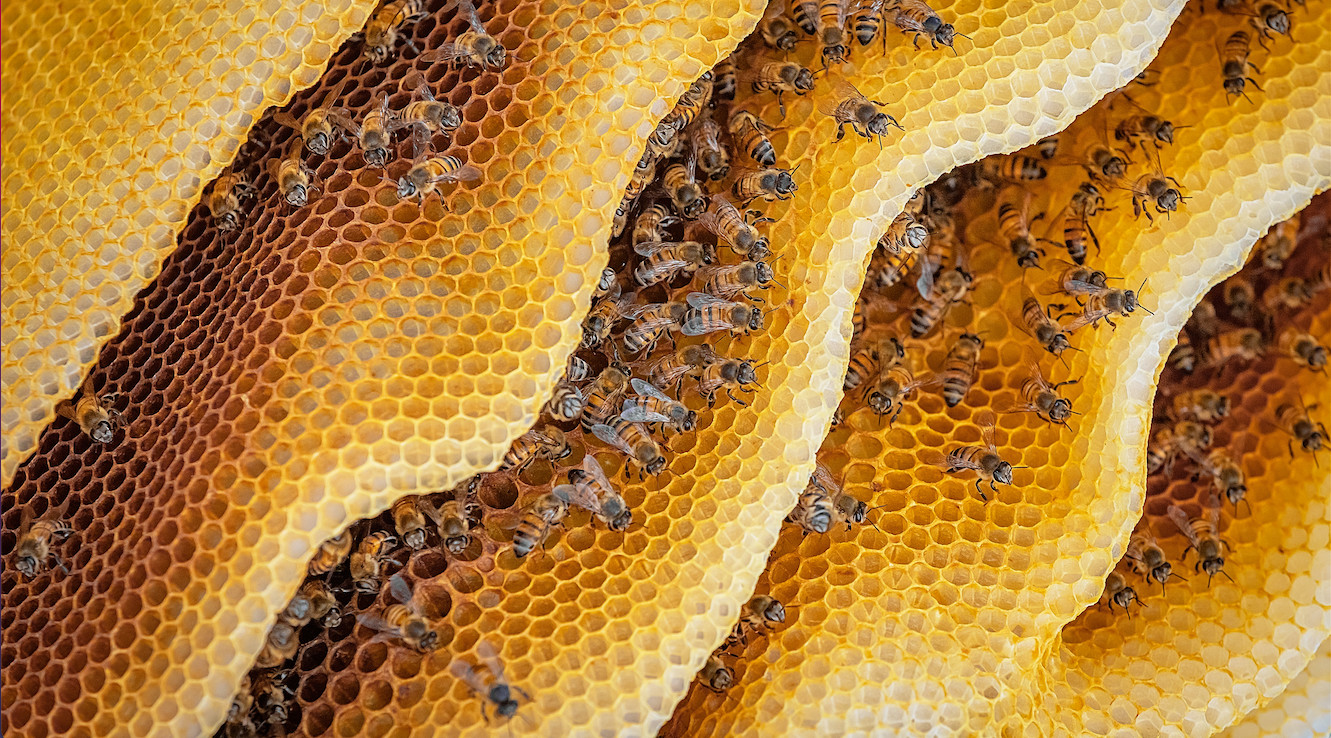
Environment
Biosecurity and the beekeeper

Professor Phil Batterham discusses his work on insecticides; how they work and how we can develop more effective and sustainable pest control strategies, with a reduced environmental impact
Published 23 June 2021
It’s estimated that there are 5.5 million insect species on Earth, says Phil Batterham, Professor Emeritus at the School of BioSciences and the Bio21 Institute, University of Melbourne. “Those that are pests may number in hundreds, so it’s a minority of insects that cause damage in agriculture.
“In fact, many insects are beneficial and really vital to us and to ecosystems.”
Professor Batterham’s research looks at the interaction of chemical insecticides with pest insects and beneficial ones, like bees.

Environment
Biosecurity and the beekeeper
“If you spray a fly with insecticide it dies quite rapidly because it binds to a target protein in the brain. So, many insecticides aren’t really pest-specific at all because they also bind to proteins in the brains of non-pest insects.”
Professor Batterham’s work aims to understand these insecticide interactions so as to underpin the development of more effective and sustainable control strategies that have a reduced environmental impact.
“A former PhD student Felipe Martelli examined low-dose impacts of insecticides on a model insect organism called Drosophila (fruit fly). He worked on two classes of insecticides, one called imidacloprid, which has been banned in agricultural settings in Europe because of demonstrated impacts on the honeybee. The other was an organic insecticide called spinosad.
“Felipe showed these insecticides were damaging mitochondria, which are the energy centres in cells. There was a precipitous drop in energy levels in short term exposures. In longer chronic exposures in adults, he saw neurodegeneration and blindness.
“And although spinosad is labelled as organic, it creates more damage at much lower doses than imidacloprid does.
“It’s really important for us to study other insecticides and verify that they are causing such damage or clear them of it. At the moment we need to use insecticides in agriculture and as a bare minimum, we need to be using the safest ones.
“Insecticides are important for food production, but they may be having impacts on pollinators which are also essential for food production.”
Episode recorded: June 15, 2021.
Interviewer: Dr Andi Horvath.
Producer, audio engineer and editor: Chris Hatzis.
Co-producers: Silvi Vann-Wall and Dr Andi Horvath.
Banner: Getty Images